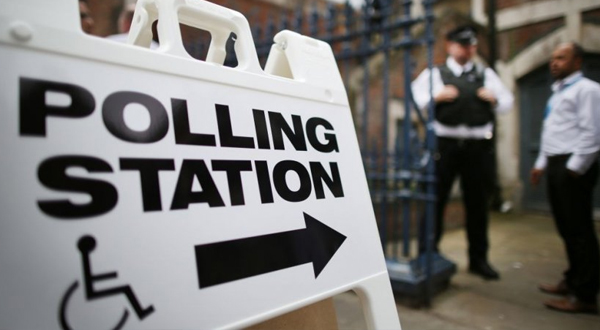LONDON: British Prime Minister Theresa May must give parliament a vote before she can formally start Britain’s exit from the European Union, the UK Supreme Court ruled on Tuesday (Tuesday night NZ Time), giving lawmakers who oppose her Brexit plans a shot at amending them.
Parliament must vote on whether the government can start the Brexit process, the Supreme Court has ruled.
The judgement means Theresa May cannot begin talks with the EU until MPs and peers give their backing – although this is expected to happen in time for the government’s 31 March deadline.
But the court ruled the Scottish Parliament and Welsh and Northern Ireland assemblies did not need a say.
Brexit Secretary David Davis promised a parliamentary bill “within days”.
What the Supreme Court case was aboutDuring the Supreme Court hearing, campaigners argued that denying the UK Parliament a vote was undemocratic and a breach of long-standing constitutional principles.
They said that triggering Article 50 of the Lisbon Treaty – getting formal exit negotiations with the EU under way – would mean overturning existing UK law, so MPs and peers should decide.
But the government argued that, under the Royal Prerogative (powers handed to the government by the Crown), it could make this move without the need to consult Parliament.
And it said that MPs had voted overwhelmingly to put the issue in the hands of the British people when they backed the calling of last June’s referendum on Brexit.
What the court said
Reading out the judgement, Supreme Court President Lord Neuberger said: “By a majority of eight to three, the Supreme Court today rules that the government cannot trigger Article 50 without an act of Parliament authorising it to do so.”
He added: “Withdrawal effects a fundamental change by cutting off the source of EU law, as well as changing legal rights.
“The UK’s constitutional arrangements require such changes to be clearly authorised by Parliament.”
The court also rejected, unanimously, arguments that the Scottish Parliament, Welsh Assembly and Northern Ireland Assembly should get to vote on Article 50 before it is triggered.
Lord Neuberger said: “Relations with the EU are a matter for the UK government.”
European stocks brush off Brexit court ruling
European stock markets edged out gains Tuesday as traders brushed aside a Brexit court ruling seen as making little difference to Britain’s timetable or leaving the EU.
However, the pound slipped a bit after the UK Supreme Court’s verdict that Britain’s government must win parliament’s approval before beginning formal Brexit negotiations.
The announcement “is unlikely to ultimately make a large difference and the balance of probabilities suggest that the self-imposed deadline will be met,” said XTB analyst David Cheetham.
Indeed, the UK government said the court ruling would do “nothing” to change Prime Minister Theresa May’s timetable of triggering Article 50 — the formal procedure for leaving the EU — by the end of March at the latest.
But the main opposition Labour party and the Scottish National Party (SNP) have said they will introduce amendments to any government legislation to start Brexit, which could potentially cause a delay.
“Sterling fell and then recovered some of the losses following the Supreme Court’s ruling as the judges’ decision casts a pall of uncertainty over the triggering of Article 50,” said senior ETX Capital analyst Neil Wilson.
“The moves need to be seen in the broader context of sterling’s plunge since June, however. These are pretty minor adjustments and the pound is stuck in a range it’s traded in since the start of October of between roughly $1.20 and $1.27,” he added in a client note.





